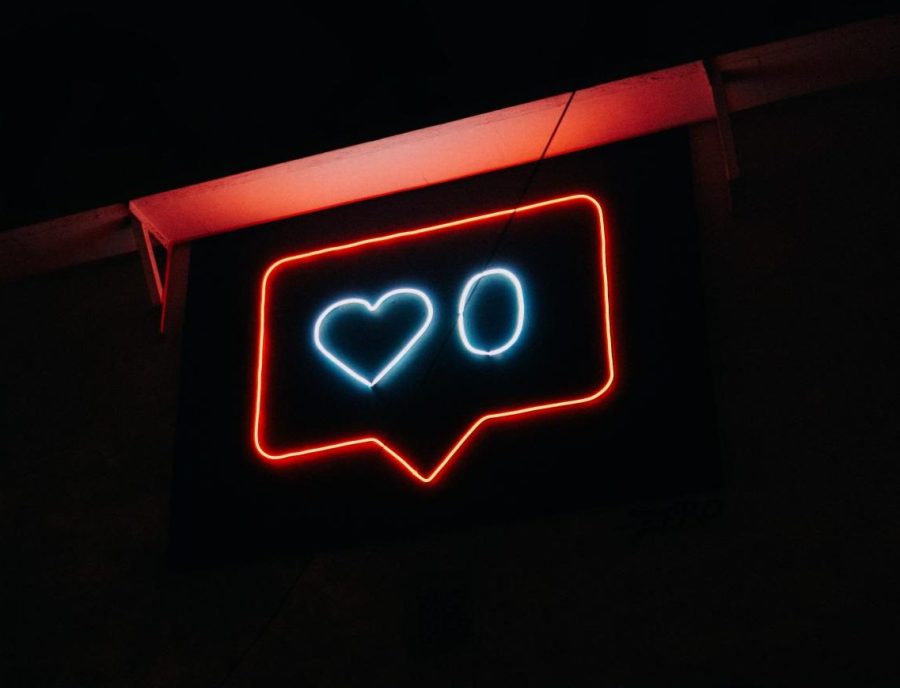The Influencer Market is Dying Out
November 14, 2022
With the recent explosion of social media platforms like TikTok, Discord, and Instagram, the number of influencers has also increased. Influencers today have massive followings, ranging from a thousand to over a million followers. These followers are generally loyal fans who trust the influencer—especially when they talk about things they specialize in. Therefore, influencer marketing is a big appeal to their audience. If this method of social media marketing has been very successful in the past, why would it fail now? Due to followers losing trust and the increasing number of influencers on social media, influencer marketing may be dying out.
Celebrities and influencers are two similar, but different types of idols. Celebrities, while famous and supported by many people, their audience is spread out over many groups of people, with varieties in age, religion, language, and region. Celebrities are generally idolized as they live lavish lifestyles and make themselves seem perfect on social media. This is the difference between celebrities and influencers. The audience of influencers is much more tight-knit, and the content of their work targets a specific group of people. The more intimate community allows the influencer to broadcast their thoughts and opinions more freely. Therefore, when influencers promote a product, their opinion is generally trusted more than a celebrity’s sponsor would. This is especially true for products that fall within the category of what the influencer has an interest or expertise in.
“40% of millennial YouTube audiences feel that their favorite YouTubers understand them better than their friends,” said Shane Barker, 85 Influencer Marketing Statistics You Should Know in 2022. This statistic shows just how much trust young audiences have placed in the hands of their favorite influencers.
The successful and lucrative results that the marketing has shown in the past may be the downfall of the industry itself. Social media sites are becoming increasingly full of advertisements and sponsorships, and this makes them seem to lack authenticity. Consumers lose trust in the constant promotions and are not afraid to call out the lack of legitimacy in the products that influencers promote. In addition to this, popular influencers who constantly accept any sponsorship that they are offered can build up a bad reputation. Their fans may see them as people who do not care about the authenticity of the brand and product, but only care about the money that they earn with a promotion.
In addition to a loss of trust, the repetitive content that is posted on social media is losing the interest of consumers. Cliche-sponsored posts that have the same or similar aesthetic can be tiring and repetitive, nulling the original attention-drawing design of the posts. This also furthers the skepticism of sponsored products. The same aesthetic for selling a product can make it seem illegitimate and lacking.
Overall, influencers are losing the trust and influence they held over their fans. Now, when an influencer mentions a specific product, viewers are immediately wary of whether this is a genuine preference for the product, or if it’s just another advertisement. The trust and loyal fanbase that made influencer marketing so successful is crumbling, and it may be gone sooner than we think.
Photo Courtesy of UNSPLASH.COM

